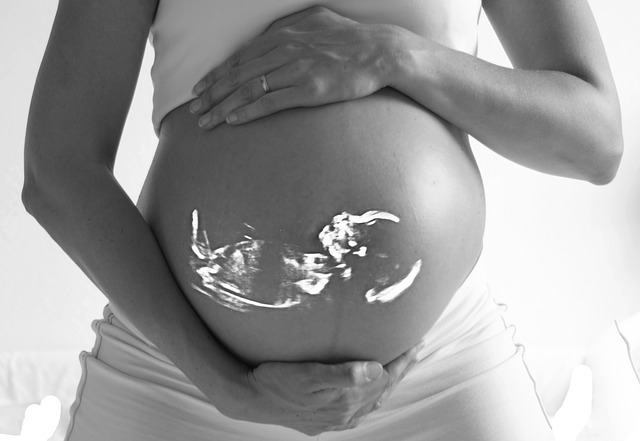New evidence suggests alcohol consumption in the early weeks of pregnancy can cause miscarriage.
It has been well established that the consumption of alcohol during pregnancy is not recommended.
Alcohol consumption has the potential to cause a lot of damage to the developing fetus. In some cases, alcohol consumption can lead to spontaneous abortion (commonly referred to as a miscarriage).
Although the dangers of consuming alcohol during pregnancy are well known, it can often be a number of weeks between conception and a woman finding out that she is pregnant.
A new study published in the American Journal of Obstetrics and Gynaecology examines the potential impact of alcohol consumption and whether drinking alcohol can cause miscarriage during these early weeks of pregnancy (1).
This study included newly pregnant women or women who were intending to become pregnant from eight cities across the United States.
The recruitment of participants began in 2000 and ended in 2012.
During their first trimester of pregnancy, participants were interviewed about their previous four months of alcohol consumption.
This time period was chosen as it includes the period immediately prior to conception as well as the first trimester.
Based on participant reports; the number of drinks per week, the number of episodes of binge drinking, and any changes to alcohol consumption patterns were assessed and calculated on a week-by-week basis.
Participants reported their pregnancy status at a point between week 20 and week 25 after their last menstrual period.
Pregnancies that had ended prior to week 20 were recorded as spontaneous abortions, while those that had ended between weeks 20 and 25 were recorded as live births or stillbirths accordingly.
In total, 5,353 eligible women were enrolled in the study. Of these, 50.3% either never used alcohol or quit before their last menstrual period.
A further 44.3% quit after their last menstrual period. The remaining 5.7% continued to consume alcohol.
Twelve percent of pregnancies in the study ended in miscarriage.
The risk of miscarriage was increased by alcohol use on a week-by-week basis, beginning with a slight increase from week two and peaking at an adjusted odds ratio of 4.85 in week nine.
Each extra week of alcohol consumption during pregnancy was associated with an 8% increased risk of miscarriage.
Interestingly, a dose-response effect was not observed and binge drinking did not alter the increased risk in a statistically significant way.
This suggests that consuming alcohol itself was increasing the risk, regardless of whether the women consumed a large amount or a small amount.
There is one major limitation in this study and other studies of this type; they rely on self-reported consumption and participant self-enrolment.
Participants who are more likely to consume alcohol during pregnancy may choose to avoid a study like this.
Similarly, given the well-known risks of alcohol consumption in pregnancy, some participants may feel the need to lie about their consumption of alcohol.
However, despite the limitations, this study does clearly demonstrate the risk of alcohol consumption, suggesting that alcohol consumption in the early weeks of pregnancy can cause miscarriage.
It highlights an issue that is difficult to address, namely that some women may unknowingly be pregnant and yet continue to consume alcohol.
More work needs to be done to raise awareness of the dangers associated with alcohol consumption in the period between conception and a positive pregnancy test.
Written by Michael McCarthy
1. Sundermann AC, Velez Edwards DR, Slaughter JC, Wu P, Jones SH, Torstenson ES, et al. Week-by-week alcohol consumption in early pregnancy and spontaneous abortion risk: a prospective cohort study. Am J Obstet Gynecol.
Image by Rudy and Peter Skitterians from Pixabay



